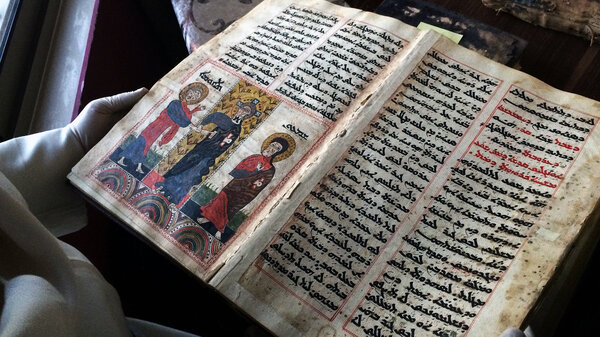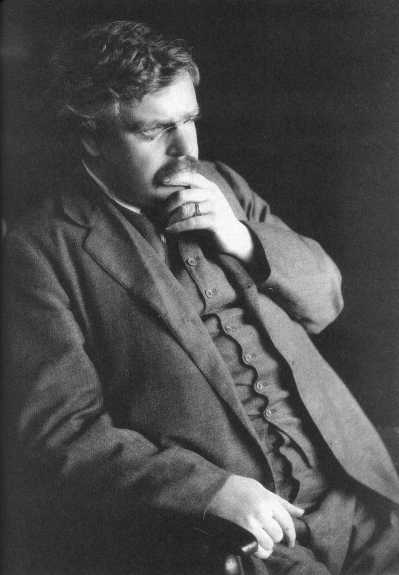At the Holy Sepulchre
There are not words sufficient to describe the affection I have for our Holy Father. His writing and intellectual work, as well as his quiet and gentle, yet strongly abiding sense of charity, joy, and above all, humility, have been such a gift and example. He has shown us how to listen, how to serve.
I still remember the day if his election, albeit fleetingly. Everyone was still in the throes of coming to terms with the death of John Paul II. As a high-schooler, I remember feeling in a strange state of limbo. I did not have a special attachment to John Paul other than the general affection one feels for the Holy Father, but being so young, John Paul II was THE POPE. In my experience, the office had never belonged to anyone else, so to see it change hands was strangely surreal. As I sat in Spanish class on a Tuesday afternoon, our lesson was interrupted to watch the news unfold on TV. At first glimpse, teen-aged me wasn't sure what to expect. The new pope was clearly different and hard to read, so unlike the charismatic John Paul to which we were all accustomed.
But since then, I have come to feel a special closeness with Benedict XVI. Like he has been to so many
others, he has been a resolute paternal guide during my spiritual coming of age. Somewhat disillusioned by common casual religious attitudes, I was captivated and refreshed by his personal piety, intellectual seriousness, and attentiveness to tradition. This is a man who deeply understands our need for faith and truth.
His influence on my professional formation has been no less. In a world where the information professions seem increasingly directed towards indulging individualistic curiosity and faddish research and activism, there is great need to return our focus to humble service of the truth. In Salt of the World, Pope Benedict explains:
"In the course of my intellectual life I experienced very acutely the problem of whether it isn't actually presumptuous to say that we can know the truth-in the face of all our limitations. I also asked myself to what extent it might not be better to suppress this category. In pursuing this question, however, I was able to observe and also to grasp that relinquishing truth doesn't solve anything but, on the contrary, leads to the tyranny of caprice. In that case, the only thing that can remain in really what we decide on and can replace at will. Man is degraded if he can't know truth, if everything, in the final analysis, is just the product of an individual or collective decision.
In this way it became clear to me now important it is that we don't lose the concept of truth, in spite of the menaces and perils that it doubtless carries with it. It has to remain as a central category. As a demand on us that doesn't give us rights but requires, on the contrary, our humility and our obedience and can lead us to the common path" (66-67).
As such, I have come to see a clear part of my professional vocation as not simply empowering people with knowledge, but helping them on the path to freedom through the pursuit of truth. In hindsight, I am very glad that the Holy Father never achieved his dream of being the Vatican librarian, otherwise we'd likely be at a large loss for his wisdom. Grazie, Il Papa-you have been a true gift to us all.
Oremus pro Pontifice nostro Benedicto-Dominus conservet eum et vivificet eum, et beatum faciat eum in terra, et non tradat eum in animam inimicorum eius.




















